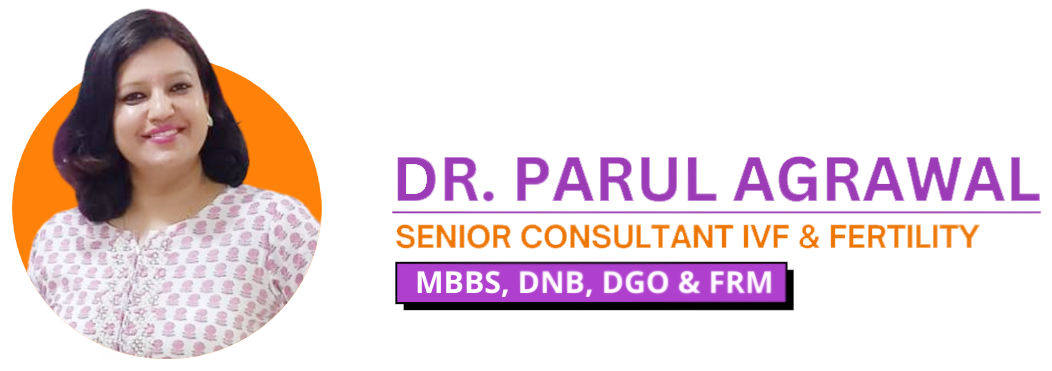Preparing for Parenthood: Indicators to Seek Fertility Specialist Guidance (Dr. Parul Agrawal)

If you're preparing for parenthood and wondering when to seek guidance from a fertility specialist, Dr. Parul Agrawal highlights key indicators that may suggest it's time to consult a specialist:
When to See a Fertility Specialist
- Age-Related Concerns
- Women under 35: Trying for over 12 months without success.
- Women 35 and older: Trying for 6 months without success.
- Women 40 and older: Immediate consultation recommended.
- Irregular or Absent Menstrual Cycles
- If cycles are shorter than 21 days or longer than 35 days, it could indicate ovulation issues.
- Completely absent periods may signal conditions like polycystic ovary syndrome (PCOS) or thyroid disorders.
- History of Miscarriages
- Recurrent pregnancy loss (2 or more miscarriages) may indicate hormonal imbalances, genetic issues, or uterine abnormalities.
- Underlying Medical Conditions
- Conditions such as PCOS, endometriosis, thyroid disorders, or diabetes can impact fertility.
- Prior pelvic surgeries or sexually transmitted infections (STIs) may also affect reproductive health.
- Male Factor Infertility
- Low sperm count, poor motility, or abnormal morphology require specialized evaluation.
- History of testicular injury, surgery, or hormonal issues can contribute to male infertility.
- Painful or Heavy Periods
- Could be a sign of endometriosis, fibroids, or other reproductive disorders affecting fertility.
- History of Cancer or Chemotherapy
- Cancer treatments, particularly radiation and chemotherapy, can reduce fertility in both men and women.
- Difficulty Maintaining an Erection or Ejaculation Issues (Men)
- Erectile dysfunction (ED) or ejaculation problems may indicate underlying hormonal or health issues.
- Family History of Early Menopause or Genetic Disorders
- A history of premature ovarian failure or genetic conditions may impact fertility potential.
- Unsuccessful Attempts with Lifestyle Changes
- If diet, exercise, and stress management haven’t improved conception chances, a specialist may be needed for further evaluation.
Next Steps
If you recognize any of these signs, consider consulting a fertility specialist for personalized evaluation and treatment options. Early intervention can significantly improve your chances of successful conception.
